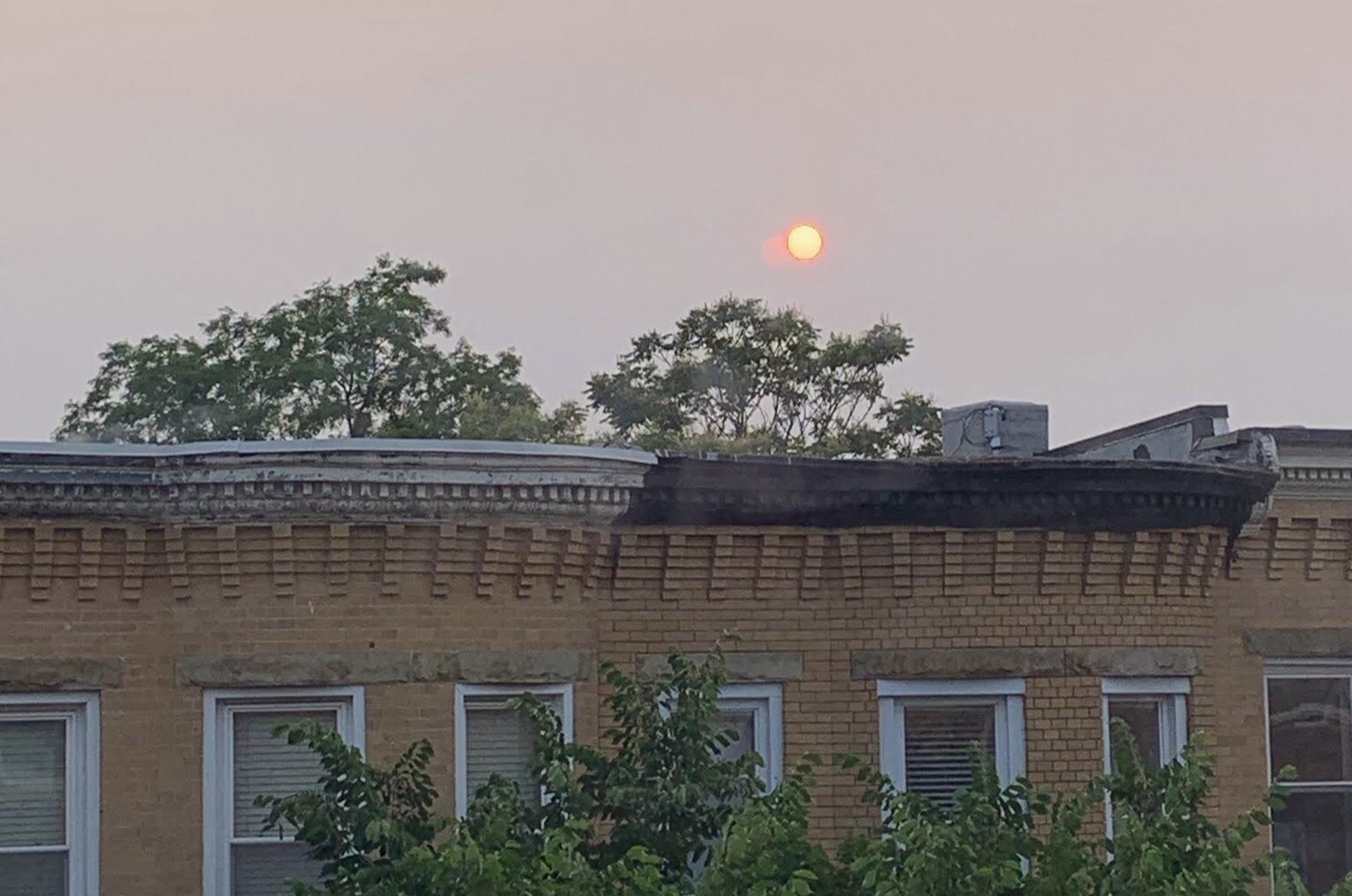The Baltimore City Council voted Monday night to heavily curtail the use of three controversial pesticides — a measure that will go into effect on July 1, 2022 if signed into law by Mayor Bernard C. “Jack” Young (D).
Neonicotinoid, a heavily used insecticide, may be harmful to the developing human nervous system, according to a study by European Food Safety Authority (EFSA). Spraying neonicotinoid on city-owned property would be prohibited entirely.

Baltimore City Councilmember Mary Pat Clarke (D)
The use of chlorpyrifos, a powerful pesticide used on certain food crops and golf courses, as well as glyphosate, a main chemical ingredient in a popular herbicide, will also be regulated in the city. Sprayers will be required to give notices before and after pesticide application, have marker placements after applications and notify the city government of pesticide purchases.
Chlorpyrifos is a nerve-agent pesticide that has been associated with slowing children’s brain development along with environmental damage. It is often used by farmers and groundskeepers as a last resort, when other chemicals fail to fight off pests.
Glyphosate is a main ingredient in Roundup, the world’s most widely used weed killer typically used on crops like corn and soybeans, that has been linked to cancer, according to the World Health Organization.
During the last legislative session, the Maryland Agriculture Department announced that it would take steps to phase out the use of chlorpyrifos after resisting legislation to ban the chemical altogether. The legislature nevertheless passed a bill to ban chlorpyrifos, but it was vetoed by Gov. Lawrence J. Hogan Jr. (R).
The U.S. Environmental Protection Agency took steps to ban the chemical under the Obama administration, but those regulations have been rolled back during the Trump administration.
“Scientists, farmers, beekeepers and advocates have sounded the alarm: These toxic pesticides have got to go. We’re grateful to Councilwoman [Mary Pat] Clarke for sponsoring this legislation and to the Council for voting it through. We encourage Mayor Young to sign this ordinance into law. Our pollinators are dying at an unprecedented rate and banning these chemicals is a critical first step to protecting our bees, our food and our planet,” Environment Maryland Director Kate Breimann said in a statement.




 Creative Commons Attribution
Creative Commons Attribution